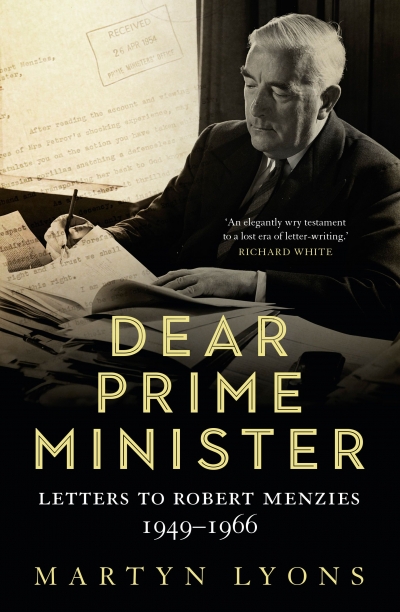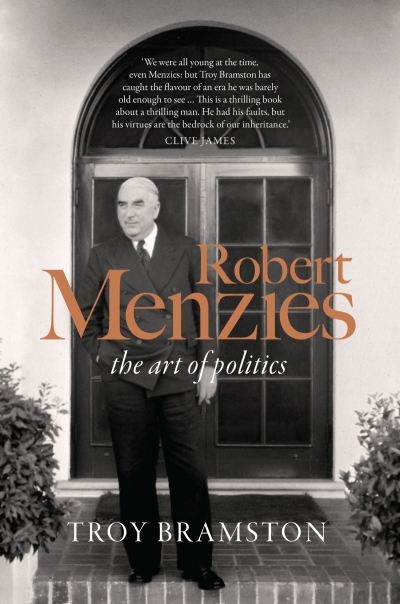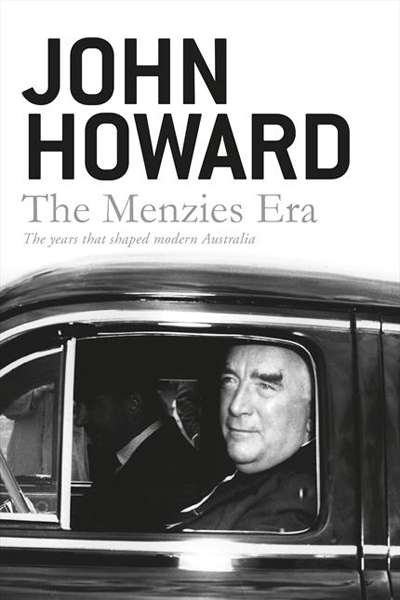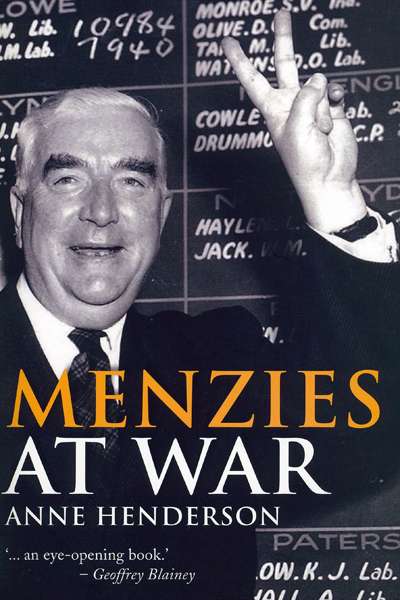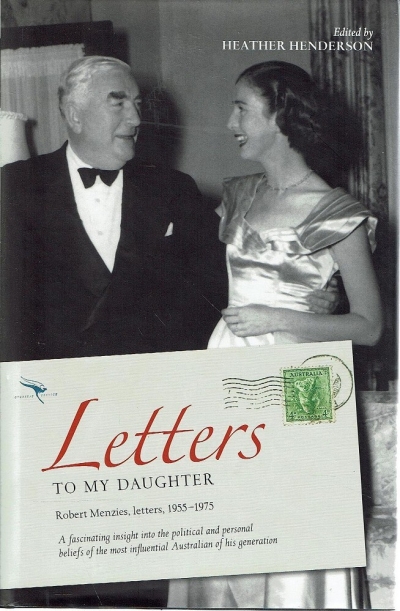Heather Menzies was ‘the apple of her father’s eye’, reported A.W. Martin, Sir Robert’s authorised biographer, and this collection of letters reveals that she was indeed, to use her father’s own words, ‘the great unalloyed joy of my life’. So much so that Ken, her elder brother, confessed to being jealous of her in his younger days. Heather married Australian diplomat Peter Henderson in 1955 and moved to Jakarta, when these letters begin, but her political education began years beforehand. In a letter that Menzies wrote to Ken (not published here), who was serving in the Australian forces during the war, he proudly describes his sixteen-year-old daughter’s ‘sotto voce comments in the galleries during speeches by such favourites as Forde and Ward and Evatt … [as] worth going a long way to hear’. This extremely close relationship and sharing of political values between father and daughter had an interesting precedent: Dame Pattie had enjoyed a similar bond with her father, the politician and manufacturer John William Leckie. Politics was the stuff of life for the Menzies family, both in Opposition and government. Heather accompanied her parents on official engagements that included overseas trips to India in 1951 and London in 1952, and travelled with them on the hustings during electoral campaigns.
...
(read more)

